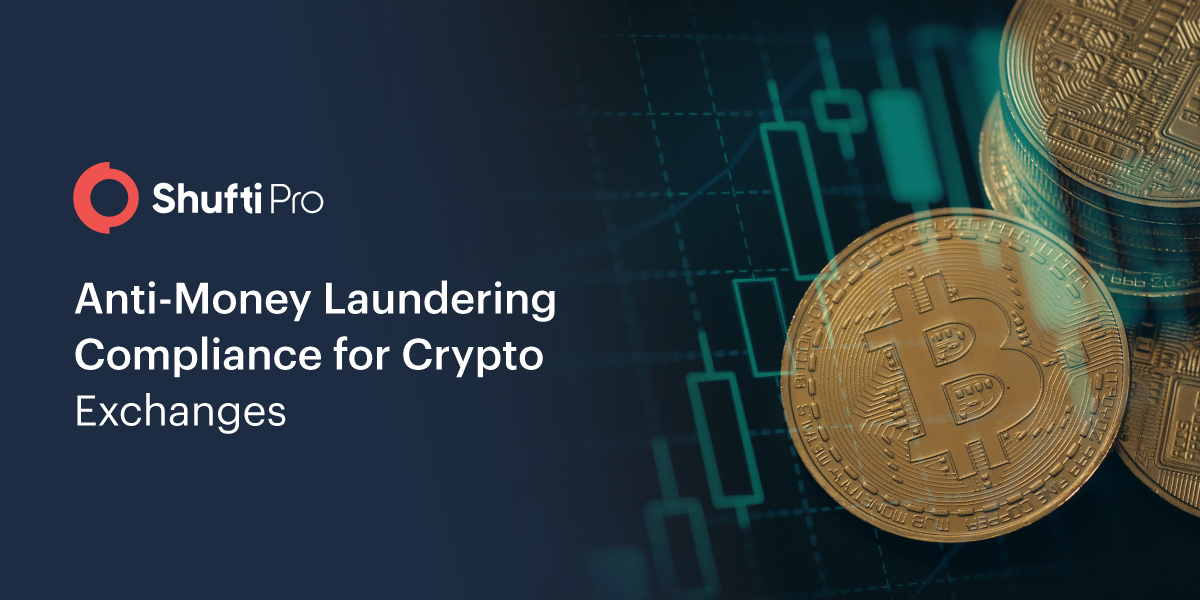They do not give a reason but I imagine it is because the bank is blocking or closing accounts that are associated with Coinbase. All posts.
UK Crypto Trade Group Calls for Action Over Chronic Delays to FCA Registrations - CoinDesk
Steemit Feedback. Amaze Creater Union.
- ' + regionname + '.
- Cryptocurrency Regulations in The United Kingdom (UK).
- What is a cryptoasset?.
- Cryptoassets Definitions by UK Regulators.
- curso bitcoin argentina.
- buy modafinil uk bitcoin.
- FCA’s proposed changes to AML reporting could catch out crypto exchanges.
Steem Venezuela. Explore communities….
Developments in UK law on the regulation of virtual currency
Bitcoin and anti-money laundering policy in UK. I thought I can make this a short question. Problem: I am trying to have a mortgage approved with Nationwide, in United Kingdom. Some bits of my journey: I sold bitcoin for profit using the Coinfloor Ltd. Question: If anyone else has gone through such an audit, what information have you provided to the central authority in such terms that they understand it enough to proceed?
Reply By Melanie Tringham. Not only will we have the usual flurry of personal tax return activity, but this year we have the UK transposition of the EU 5th Money Laundering Directive. The UK Money Laundering Regulations require various businesses obliged entities , for example: banks, solicitors, accountants, tax advisers, estate agents, casinos to require and hold various documentation of those using their services, including proof of identity.
What money laundering rules mean for crypto and trusts
The rules also require that those obliged entities maintain controls to monitor risks of money laundering or terrorist financing and, in some circumstances, report such situations to the authorities, generally the National Crime Agency NCA. There are significant penalties for those individuals and entities failing to fulfil their responsibilities.
It seeks to tighten and clarify a number of areas of perceived risk, and also brings in some additional new rules. As with anything else; prevention is better than a cure.

If you would like to discuss the implementation of an effective compliance programme or have been made subject of a regulatory or criminal investigations or litigation, we offer expert advice, assistance and representation. Should you have any queries with regard to this article, please do not hesitate to contact me via contact crimelawyer. Bitcoin and other Cryptocurrencies are never far from the news, mainly when the value is rising considerably.
It is an odd 'currency', as it is not backed by any government, and certainly not by an underlying gold stock. It is, in fact, nothing more than a virtual object that has a value dictated solely by supply and demand - indeed, that is one of the few characteristics that it shares with conventional currency. Cryptocurrency has also the subject of debate and controversy, with some commentators branding it a pyramid scheme, a scam.
Various markets regulators have already issued warnings to investors buying Bitcoin and other Cryptocurrencies, cautioning that there are higher risks of " fraud and manipulation" in the market. The main attractions of bitcoin is that it exists across borders, outside of traditional banking controls and with a secure cloak of anonymity.
Master's Thesis, 2021
These three magic ingredients make this type of currency attractive to those seeking to launder the proceeds of crime. Nobody is interested in the identity of the trader, the proceeds can be cashed in almost anywhere in the world there are even cash machines in some countries, including England , and Blockchain encryption has rendered law enforcement impotent in this brave new world of international finance.
But, the larger the sums that need to be laundered, the more complex and risky it is to make those initial transactions.
That is where the middle-man comes in; a person either knowingly or unwittingly agreeing to purchase bitcoin or, more commonly, transfer monies on behalf of a money launderer, taking a fee for his or her trouble along the way. Sometimes the amount could be as little as a few hundred pounds but extrapolated this sum becomes significant. Such individuals are known as 'money mules'.
The government is keen to regulate these new currencies, and in a recent statement to parliament the treasury minister said:. The Government supports the intention behind these amendments.